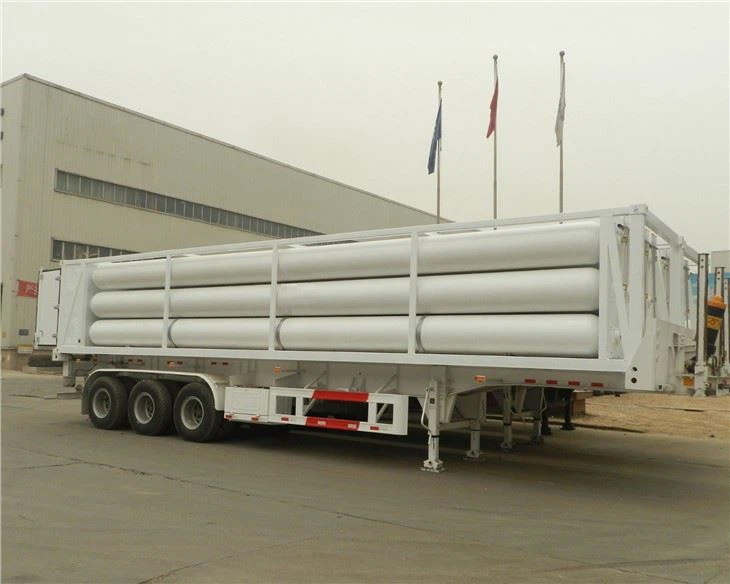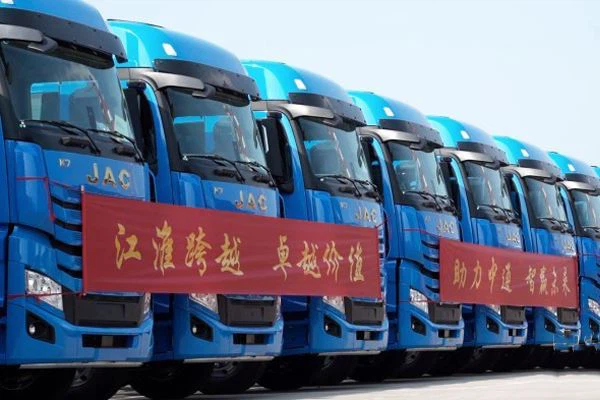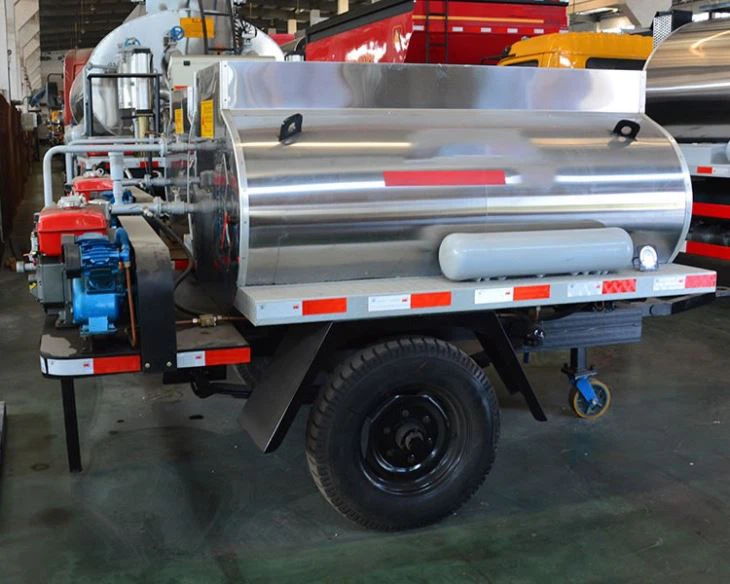When is the Best Time to Buy a Travel Trailer? A Comprehensive Guide

Buying a travel trailer is an exciting venture, whether you’re looking to explore national parks, enjoy weekend getaways, or live a nomadic lifestyle. However, timing your purchase can significantly impact your investment. In this article, we will explore when the best time to buy a travel trailer is, looking at market trends, seasonal considerations, and tips for getting the best deals.
Understanding the Travel Trailer Market
1. Overview of Travel Trailer Types
Before diving into timing, let’s understand the types of travel trailers available:
- Travel Trailers: Versatile models that can be towed by most vehicles.
- Fifth-Wheels: Larger units that require a truck with a special hitch.
- Pop-up Campers: Lightweight, compact, and ideal for families.
2. Market Trends
The travel trailer market can fluctuate based on various factors such as economic conditions, fuel prices, and consumer preferences. Understanding these trends can help you decide when to buy.
Factors Influencing the Best Time to Buy a Travel Trailer
1. Seasonal Availability
Travel trailers are often seasonal products. Many manufacturers ramp up production in spring and summer, leading to higher availability but also higher prices. Conversely, during the fall and winter months, you might find lower inventory levels and discounts as dealerships aim to clear out stock.
Spring and Summer: High Season
From March to August, travel trailer sales peak. Demand is high due to the camping season starting, so expect higher prices and lesser negotiations. However, the selection is typically at its best during these months.
Fall and Winter: Off-Season
September through February is generally considered the off-season for travel trailer sales. You might find better deals during this period as sellers are more eager to clear inventory before winter. Additionally, manufacturers may offer promotions to stimulate sales during this during slower months.
2. Economic Factors
The economy plays a critical role in the travel trailer market. Keep an eye on:
- Interest Rates: Higher rates can make financing less attractive.
- Fuel Prices: Rising fuel costs can affect how often travelers use their trailers, thus affecting demand.
- Overall Economic Conditions: A booming economy often leads to increased discretionary spending.
3. New Model Releases
Manufacturers typically release new models in late summer to early fall, which can influence prices. Buying just before a new model release can offer substantial savings on the previous year’s models.
Example: Annual Release Schedule

| Month | Activity |
|---|---|
| January | Discounts on older models |
| March – August | High demand and prices |
| September | New model launches begin |
| October – February | Clearance for older stock |
Tips for Timing Your Purchase
1. Monitor Local Dealerships
Keep an eye on local dealerships, especially during the off-season, as they may offer special promotions. Sign up for newsletters for the latest updates on sales and discounts.
2. Attend RV Shows
Attending RV shows can provide opportunities to see many models in one place and often include show special pricing. Additionally, many manufacturers showcase new models and features, which can aid in decision-making.
3. Negotiate Financing Options
Timing can also impact financing. Consider securing pre-approval for a loan before shopping, as this can help you negotiate better terms. Keep an eye on interest rates as you plan your purchase.
4. Be Patient and Ready
Sometimes the best deals come unexpectedly. Being ready to act when a deal arises can pay off significantly. Set alerts for specific models you’re interested in and keep funds reserved for when the time is right.
Additional Factors to Consider
1. Purchasing Used vs. New
Deciding between buying a new or used travel trailer can also influence the best time to buy:
- Used Trailers: Typically are more available in fall as families look to sell after summer trips.
- New Trailers: If you prefer a new model, consider buying in the off-season when new models have been released.
2. Regional Differences
Different regions have varied camping seasons, affecting the best buying time. Research local trends; for instance, states with milder winters may have year-round demand, while northern states may experience peak buying in spring and summer.
3. Be Aware of Dealer Incentives

Dealers often have monthly or quarterly sales targets; timing your purchase during the end of these periods can result in better deals or added incentives.
4. Trade-In Opportunities
If you already own a trailer, consider trade-in options. Dealers are more likely to provide favorable trade-in values during peak seasons when they’re attracting customers.
Cost Considerations
1. Initial Purchase Cost
The cost of a travel trailer can vary significantly based on type, size, and features. Expect to pay between $10,000 and $80,000, depending on what you want.
2. Ongoing Costs
Remember, the initial cost is just the beginning. You will also need to consider:
- Insurance
- Maintenance and repairs
- Storage costs
- Fuel consumption

3. Financing Options
Understanding financing options is crucial. Some dealerships may offer 0% financing; others may require significant down payments. Check multiple lenders to secure a better deal.
Common Mistakes to Avoid
1. Rushing the Purchase
Making a quick decision can lead to buyer’s remorse. Take your time to research and consider all options.
2. Disregarding Inspection
Always inspect a used trailer thoroughly. Check for hidden damages and ensure appliances work properly before finalizing the purchase.
3. Not Considering Resale Value
Not all trailers maintain their value well. Research resale values before making a decision, especially if you plan on upgrading later.
4. Overlooking Additional Costs
Prepare for additional costs, including insurance, maintenance, and storage. Failing to budget for these can strain your finances.
FAQ Section
1. What is the average price for a travel trailer?
The prices can range widely, from around $10,000 for used models to $80,000 or more for high-end, new versions.
2. Is it better to buy a new or used travel trailer?
It depends on your needs. New trailers come with warranties and the latest features, while used trailers can save you money but may require maintenance.
3. How can I find the best deals on travel trailers?
Shop during the off-season, pay attention to dealership promotions, and consider buying at RV shows for special pricing.
4. What time of year is the best to buy a travel trailer?
Fall and winter are often the best times to buy as dealers clear stock, while spring and summer bring higher prices due to demand.
5. How can I finance my travel trailer?
You can finance through dealerships, banks, or credit unions. Always compare interest rates and terms.
6. Should I trade in my old trailer?
Trading in a trailer can be a good way to reduce the cost of a new one, especially if done at the right time when dealers are looking to meet sales targets.
